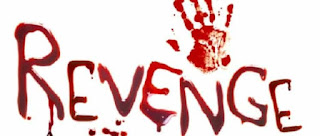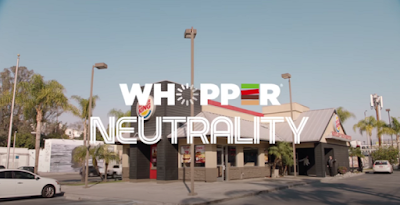Avenge the revenge-a new phenomenon
Occasionally, appealing to a customer's darker side results in the strongest bonds. Some of the most popular brands in the world use payback fantasy and negative marketing to cultivate consumer loyalty.
Positive emotions are often used along with emotional branding. To consistently appeal to their product to the customer, marketing copywriters use emotional marketing to develop a pleasant, cheerful sensation in their viewers.
What about, however, negative branding, advertising, and marketing? Negative marketing has the potential to get nasty, and emotional marketing flourishes on it.
According to emotional marketing, the perfect recipe for strategies for negative branding revenge. Utilizing revenge in their negative emotional branding is the ideal technique to win over customers who despise certain things and let them despise them along with the company. Normally the negative advertising technique delivered by revenge is done with a cliffhanger. The way emotional marketing works is that the revenge spot sets up the expectation for revenge. They know that it’s coming, so they have to direct their full attention to the spot until it gives the payoff. This way the audience will have to listen to the entire product pitch, or whatever the advertiser puts in, to get the payoff of sweet vengeance.
 |
| Source: https://nosweatshakespeare.com/ |
Revenge spending
Pent-up demand. Making up for the lost time. Return to the “new normal.”
There will be revenge spending. Whatever the next phase of consumer behaviour is called. Marketers have to consider the interesting and exciting trends forged from the challenges of the past year as they shape their marketing strategies for the future.
With an estimated $1.7 trillion in excess savings during the pandemic, the expanded vaccine rollout and the return to some normalcy, Americans are eager to reclaim the experiences that were shut down. According to Blackhawk Network data, 69% of shoppers surveyed plan on returning to in-store shopping, and 58% plan on continuing their online shopping behaviours.
 |
| Source: https://hbr.org/ |
They also found consumers who want to share experiences. They want to spend time travelling, getting together with friends and family, eating out and shopping. Also, they plan to spend more money on gifts. 76% surveyed anticipate giving more gifts, 70% plan to spend $100 or more on birthdays, 67% plan to spend $100 or more on holidays and 74% plan to spend $50 or more on graduations.
While consumers are eager to get out and shop and share experiences, they want to do so wisely. As consumers seek out their new normal, marketers should focus efforts on promotions and loyalty, which will be huge for brands looking to gain or grow mindshare.
-Saumya Pandey



Comments
Post a Comment